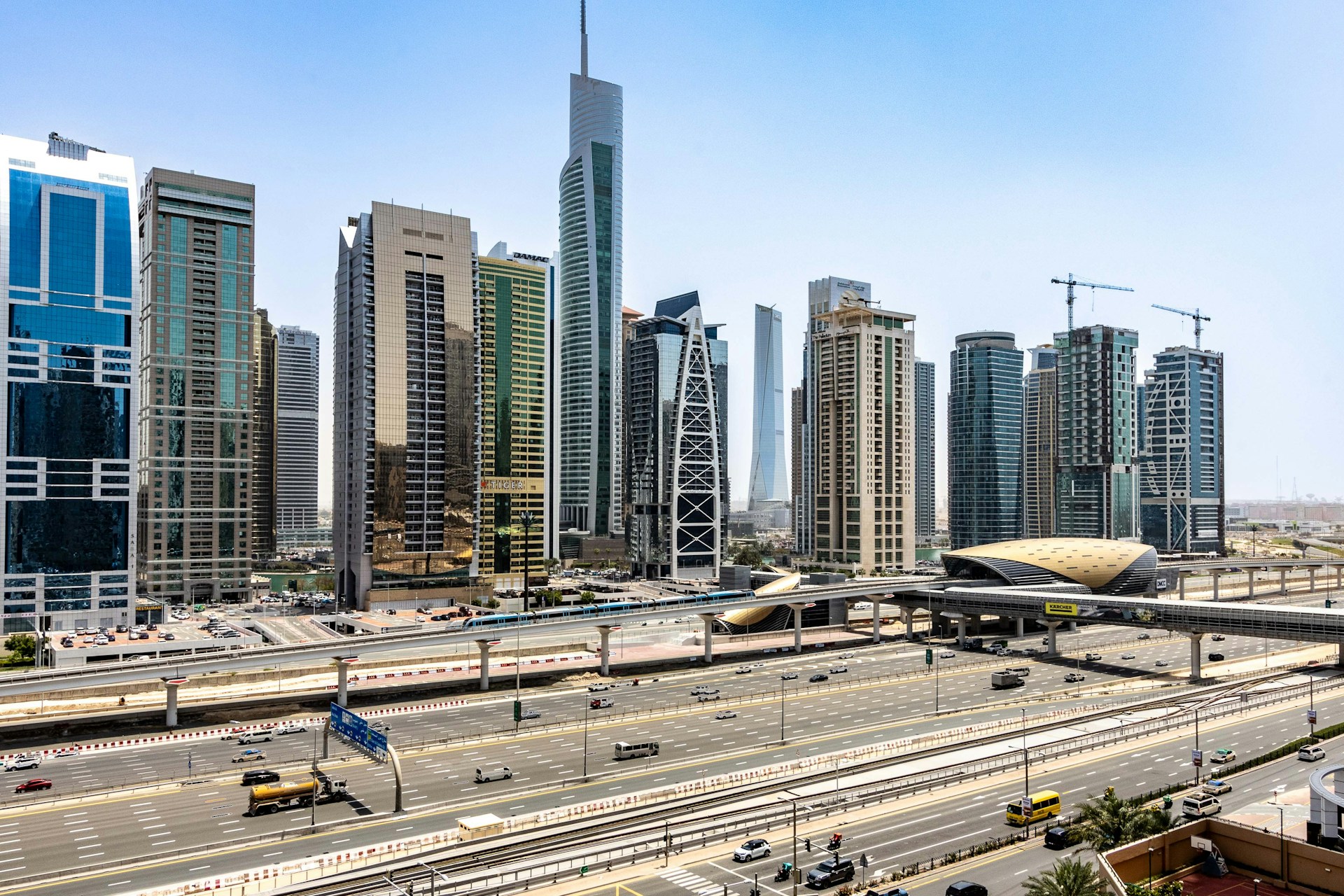The Gulf’s property sector is entering a new era as private credit reshapes the foundations of real estate finance. With traditional lending channels tightening under the weight of global interest rate pressures, developers across Dubai, Riyadh, and Doha are turning to alternative funding models that offer both agility and scale. This strategic shift is fuelling an investment boom, transforming the Gulf into one of the most dynamic real estate markets worldwide.
Private credit, once a niche financing tool, has become the lifeblood of major developments. From luxury mixed-use towers to sprawling tourism and infrastructure projects, developers are leveraging bespoke loan structures that allow faster capital deployment and more flexible repayment terms. For investors, these deals provide attractive yields and exposure to the region’s long-term growth ambitions, particularly as governments push diversification beyond oil.
This evolution also underscores the Gulf’s broader economic strategy. Sovereign wealth funds and institutional players are partnering with global asset managers to fund projects that align with Vision 2030-style initiatives. The focus is on building sustainable, globally competitive cities that attract both investment and talent. Yet, while the opportunities are vast, the risks are equally complex. The rise of private credit brings heightened scrutiny over transparency, leverage, and governance – areas where regional markets must continue to mature.
For developers, success will depend on balancing ambition with fiscal discipline. For investors, it will hinge on identifying partners who can execute projects with both profitability and prudence. In essence, the Gulf’s private credit boom is more than a financial trend – it is a sign of a maturing market ready to redefine real estate investment through innovation, resilience, and strategic foresight.


